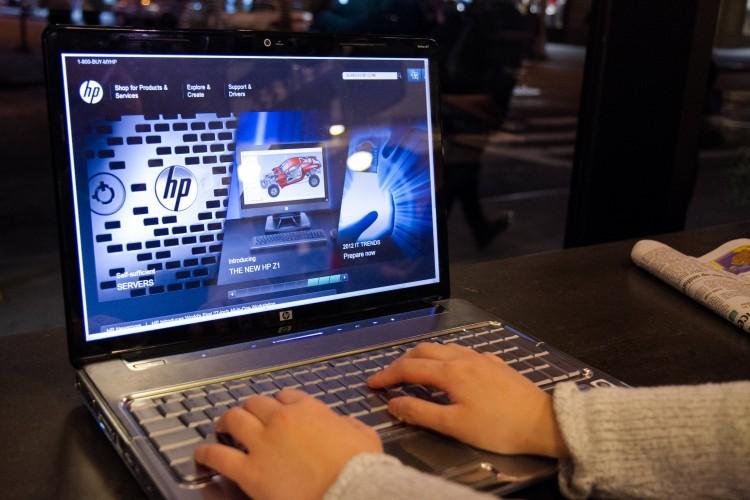A British tycoon who allegedly defrauded Hewlett-Packard when he sold his software company to the U.S. tech giant in 2011 has failed in an appeal against his extradition to the United States.
In January 2022, the then Home Secretary Priti Patel ruled Mike Lynch—who founded Autonomy in 1996—could be extradited to the United States, where he is wanted on charges of perpetrating a $5 billion (£3.9 million) fraud.





